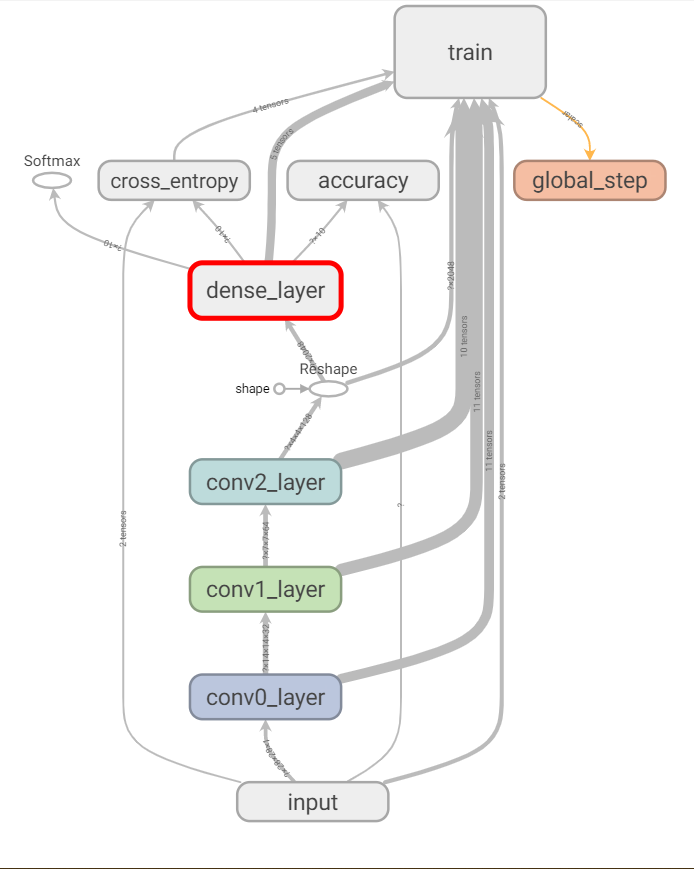Probabilistic Latent Semantic Analysis
Probabilistic Latent Semantic Analysis is a novel statistical technique for the analysis of two-mode and co-occurrence data, which has applications in information retrieval and filtering, natural language processing, machine learning from text, and in related areas. Compared to standard Latent Semantic Analysis which stems from linear algebra and performs a Singular Value Decomposition of co-occurrence tables, the proposed method is based on a mixture decomposition derived from a latent class model. This results in a more principled approach which has a solid foundation in statistics. In order to avoid overfitting, we propose a widely applicable generalization of maximum likelihood model fitting by tempered EM. Our approach yields substantial and consistent improvements over Latent Semantic Analysis in a number of experiments.
PDF Abstract

